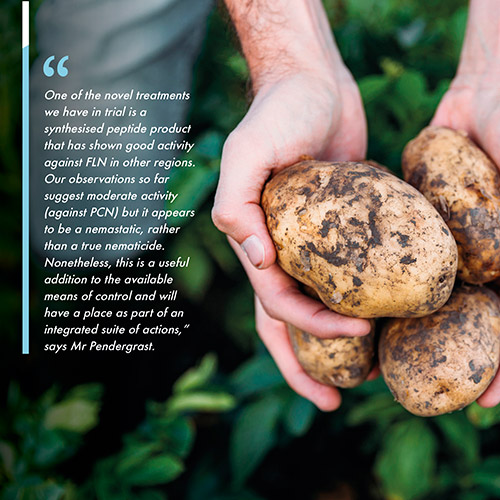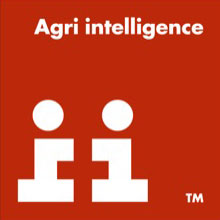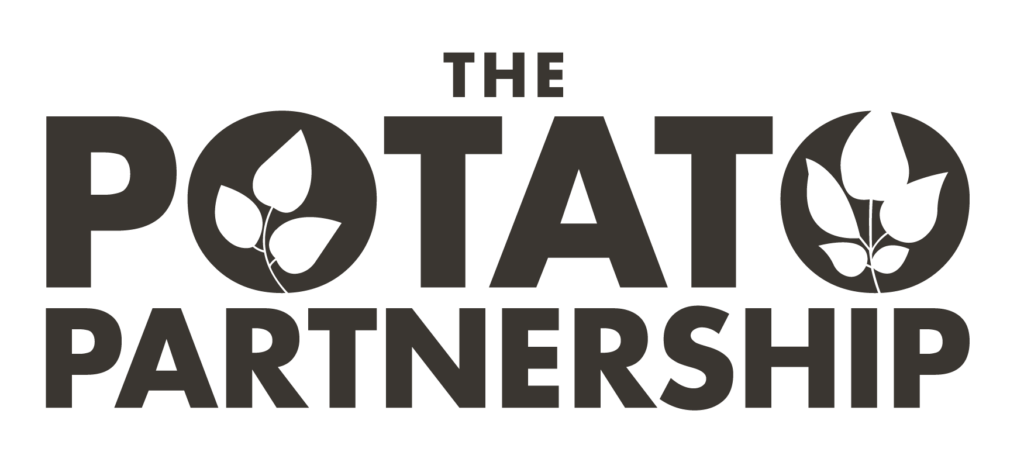The Potato Partnership is a collaborative project involving Agrii, independent agronomist Graham Tomalin, James Wrinch of East Suffolk Growers and James Foskett Farms. The partnership benefits from market development trials performed by Agrii on behalf of manufacturers, while sponsorship from other interested partners such as breeders, CUPGRA and Produce Solutions means the trials can be expanded to include novel methods and treatments outside the scope of a standard trial.
Preliminary findings from regular crop inspections suggest this year’s trials will build on the success of previous years with an especially strong data set. For PCN specifically, the trials have identified new varieties with appeal.
Varieties with good resistance and tolerance are widely regarded as the most effective means of overcoming the challenge posed by PCN. Unfortunately, such varieties are rare and may not be commercially viable or fail to possess the characteristics desired by the multiple retailers. In most cases, nematicides are an essential means of protecting yields.
Much of the focus is on identifying and assessing new varieties in comparison to current market standards.
The new varieties in trial cover all market segments and several have attracted attention, although more end-market assessment will be needed before they are promoted to growers. In contrast, others have clearly defined end-markets, including several French-bred salad types showing promise.
The observations gleaned from these trials is often invaluable to the grower and considers length of growing season, determinacy group through to PCN resistance and tolerance.
Gathering data of this nature will undoubtedly help support more informed decisions but it is of limited value if the grower has not developed a clear understanding of the pest situation on their farm or the land they rent.
Among the PCN trials are a range of treatments intent on identifying those products that deliver the greatest yield protection in combination with established products such as Velum Prime (fluopyram) and Nemathorin (fosthiazate). Crop foliage assessments suggest several biological products have the potential to make a meaningful contribution to control, explained Don Pendergrast, Agrii technical manager for non-combinable crops.
“One of the novel treatments we have in trial is a synthesised peptide product that has shown good activity against FLN in other regions. Our observations so far suggest moderate activity (against PCN) but it appears to be a nemastatic, rather than a true nematicide. Nonetheless, this is a useful addition to the available means of control and will have a place as part of an integrated suite of actions,” says Mr Pendergrast.

Also in the trials is a plant extract based on soap bark that is currently unauthorised. Initial assessments suggest it has true nematicidal activity, but the extent of its potential is still to be determined.
“Both the peptide and plant extract are being investigated in combination or sequence with other treatments, which is perhaps where their value lies,” he added.
The better control delivered by Velum Prime in sequence with half-rate Nemathorin has been demonstrated in previous years. This appears to be the case in 2024, with the two products applied in sequence again appearing to outperform the full-rate Nemathorin applied alone. The 2024 trials, however, have sought to build on this understanding through the addition of other elements.
“We have seen that half-rate Nemathorin in sequence with Velum Prime has outperformed the majority of treatments. The best performance appears to have come from Velum Prime plus the plant extract applied as a surface spray and incorporated ahead of planting with half-rate Nemathorin applied in-furrow. This was then followed by three applications of a synthesised peptide with the first at plant emergence and then every two weeks thereafter,” said Mr Pendergrast.
In addition to PCN, TPP has trials investigating how crops might be better protected from the threat posed by aphid-borne viruses. There is good evidence to support the benefits of straw mulch, but there is concern over the possible introduction of weed seeds, especially black grass, which means growers are often reluctant to adopt this tactic. For this reason, the TPP trial is focused on exploring the potential of companion crops.
“We had success with oats as a companion crop last year, especially in reducing the incidence of non-persistent viruses such as potato virus Y (PVY), so we hope to build on this result,” Mr Tomalin said.
“We also have a trial investigating the merits of a soil-applied blue dye. We know most virus transmission occurs during the rosette stage, so the theory is that the use of a blue dye will make it difficult for the aphids to identify the young plants against the background of the soil,” he added.
In 2023, weekly applications of mineral oil gave the greatest protection while oats as a companion crop achieved a similar reduction in the incidence of PVY compared with the untreated. It remains to be seen whether the different conditions this season will result in a different outcome.
There are also two as-yet unapproved insecticides in trial, which along with the data gathered on mineral oils, will be of value in future seasons.




